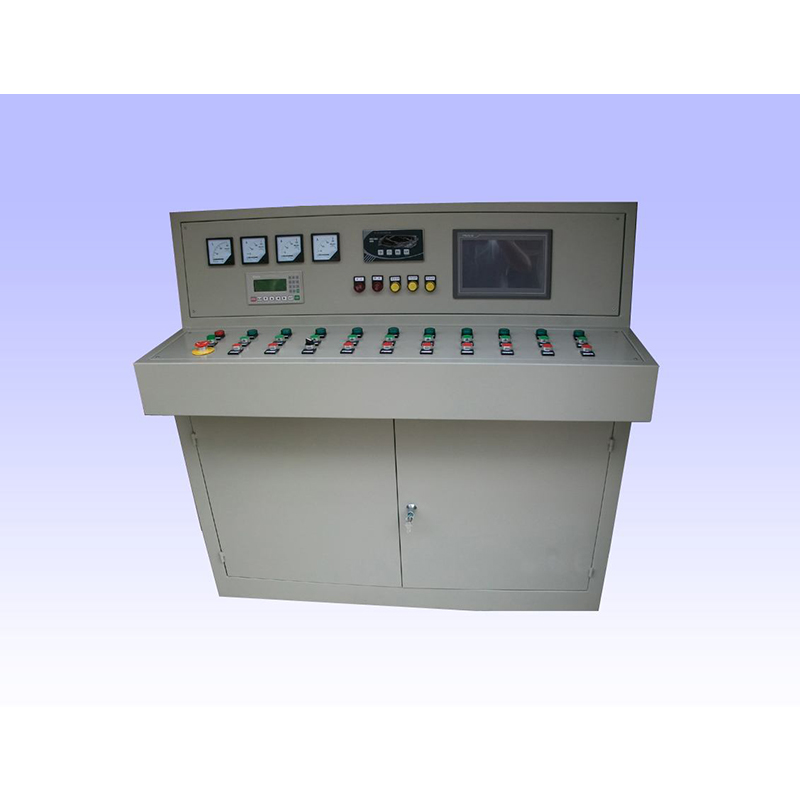
Nov . 18, 2024 00:17
Back to list
Enhancing Gas Efficiency with Innovative Booster Technology for Optimal Performance
Gas Boosters Enhancing Efficiency in Natural Gas Systems
In today's rapidly evolving energy landscape, the demand for efficient natural gas systems has never been greater. One key player in optimizing these systems is the gas booster. Gas boosters are devices designed to increase the pressure of natural gas in pipelines, thereby facilitating the transport and delivery of gas to consumers. This article explores the function, benefits, and applications of gas boosters, highlighting their essential role in modern energy infrastructure.
Gas boosters operate on a straightforward principle they use mechanical means to increase the pressure of natural gas, which is crucial for maintaining flow and ensuring that gas reaches its destination efficiently. This is particularly important in long-distance transmission pipelines where pressure losses due to friction and elevation changes can significantly impede gas flow. By strategically placing gas boosters along the pipeline, operators can maintain the necessary pressure levels, ensuring that gas reaches end-users consistently and reliably.
One of the primary benefits of gas boosters is their ability to enhance system efficiency. When gas is delivered at optimal pressure, it reduces the energy required for transportation. This not only lowers operational costs for gas companies but also minimizes environmental impacts associated with energy consumption. Furthermore, gas boosters can optimize the use of existing infrastructure, delaying the need for extensive capital investments in new pipelines or compressor stations.
gas booster

The versatility of gas boosters allows them to be employed in a variety of applications. In industrial settings, boosters are often used to supply high-pressure gas for manufacturing processes that require precise pressure control. In residential and commercial settings, they help ensure that gas appliances, such as heaters and stoves, operate efficiently. Moreover, gas boosters play a crucial role in the integration of renewable energy systems, such as biomethane production, by ensuring that gas produced from organic materials is transported effectively to the grid.
In addition to their operational benefits, gas boosters contribute to the overall safety and reliability of gas systems. Maintaining appropriate pressure levels is vital for preventing leaks and potential hazards along pipelines. By monitoring and adjusting pressure as needed, gas boosters help mitigate risks associated with fluctuating demand and supply conditions.
As the world continues to shift toward cleaner energy solutions, the importance of optimizing natural gas systems cannot be overstated. Gas boosters stand at the forefront of this endeavor, enabling the efficient transportation and delivery of natural gas while minimizing environmental impacts. Innovative technologies and advancements in materials science are constantly improving the performance of gas boosters, making them an essential component in the future of energy systems.
In conclusion, gas boosters are indispensable devices that enhance the efficiency, safety, and reliability of natural gas transportation. With their ability to maintain optimal pressure levels, they play a critical role in meeting the growing energy demands of industries and households alike. As the energy sector continues to evolve, gas boosters will remain vital in ensuring the seamless delivery of natural gas, paving the way for a more sustainable energy future.
Next:
Latest news
-
Safety Valve Spring-Loaded Design Overpressure ProtectionNewsJul.25,2025
-
Precision Voltage Regulator AC5 Accuracy Grade PerformanceNewsJul.25,2025
-
Natural Gas Pressure Regulating Skid Industrial Pipeline ApplicationsNewsJul.25,2025
-
Natural Gas Filter Stainless Steel Mesh Element DesignNewsJul.25,2025
-
Gas Pressure Regulator Valve Direct-Acting Spring-Loaded DesignNewsJul.25,2025
-
Decompression Equipment Multi-Stage Heat Exchange System DesignNewsJul.25,2025

